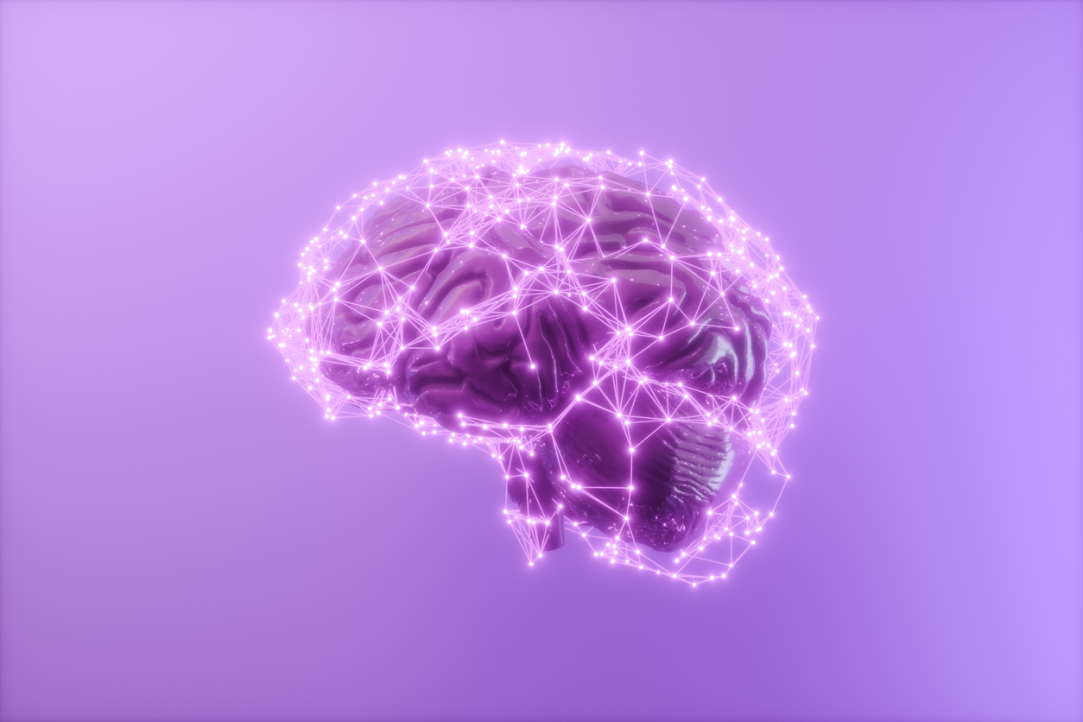
Reinforcement Learning Enhances Performance of Generative Flow Networks
Scientists at the AI Research Centre and the AI and Digital Science Institute of the HSE Faculty of Computer Science applied classical reinforcement learning algorithms to train generative flow networks (GFlowNets). This enabled significant performance improvements in GFlowNets, which have been employed for three years in tackling the most complex scientific challenges at modelling, hypothesis generation, and experimental design stages. The results of their work achieved a top 5% ranking among publications at the International Conference on Artificial Intelligence and Statistics AISTATS, held on May 2-4, 2024, in Valencia, Spain.

People in China and Japan Demonstrate a Higher Risk Propensity than Russians
An international team of authors, including researchers at HSE University have examined decision-making by nationals of 11 countries. It turns out that people universally tend to make more mistakes when confronted with the need for quick decision-making and expected to weigh the pros and cons of available options on their own. However, when the advantages and disadvantages of each option are known to them, the behaviour of individuals from different nationalities varies depending on their cultural level of risk aversion. The paper has been published in Nature Human Behaviour.

Boundaries between Developmental Language Disorders and Typical Performance Blurred in Young Children
A new study by researchers at the HSE Language and Brain Centre and the Institute of Linguistics of the Russian Academy of Sciences can change the current understanding of language acquisition in young children, revealing that the boundaries between typical performance and developmental disorders are not as clear-cut as previously believed. Having tested more than 100 Russian-speaking children between the ages of 4 and 7, the researchers discovered that some children diagnosed with developmental language disorders (DLD) performed on par with their peers who did not have speech and language diagnoses. The study has been published in the Journal of Speech, Language, and Hearing Research.
.jpeg)
Football Players Cover Greater Distances During Critical Derby Matches at Home Arena
Researchers at the HSE Faculty of Economic Sciences examined the level of effort that professional football players are willing to exert during a match in absence of financial incentives. It appears that the primary factors driving players to strive harder for victory are the strength of the opponent and the significance of the match for the club. This is particularly noticeable in derby matches between teams from the same city, such as the Moscow derby between CSKA and Spartak on April 25, 2024. The study has been published in the Journal of the New Economic Association.

Researchers Discover Genetic Bridge between Ancient and Modern Populations of North Caucasus
Although the North Caucasus played a crucial role in the ancient colonisation of Eurasia and the shaping of its cultural and genetic heritage, the genetic history of its indigenous cultures has not yet been fully explored. Scientists have, for the first time, conducted deep sequencing of ancient DNA from members of the Koban culture that emerged in the late Bronze Age in the North Caucasus and compared this genetic data with that of modern populations of the Caucasus. Their findings confirm the role of Koban culture carriers as an ancient genetic bridge between the Bronze and Iron Ages in the North Caucasus. The study has been published in the European Journal of Human Genetics.

Participation in Crowdfunding Can Generate up to 73% in Returns Annually
Backers of projects on crowdfunding platforms can expect rewards from their pledges. For example, funding someone's idea on Kickstarter can result in an average annual return of 11.5%, with design projects known to deliver returns as high as 70%. However, it is important to note that these returns do not come in the form of direct cash payments but rather as savings on the purchase of the product once it hits the market. This has been demonstrated in a study by researchers at the HSE Faculty of Economics published in Economic Analysis Letters.

Scientists Rank Foreign Languages by Their Benefit for the Brain
An international team of researchers, with the participation of scientists from the HSE Institute for Cognitive Neuroscience, studied how the choice of a foreign language affects human cognitive abilities. It turns out that languages greatly differing from one's native language stimulate cognitive function at the initial stage of their study, while those similar to the native language have a delayed effect and help the brain work more efficiently at a higher level of proficiency in a foreign language. The results of the study have been published in the journal Bilingualism: Language and Cognition.

Processing Temporal Information Requires Brain Activation
HSE scientists used magnetoencephalography and magnetic resonance imaging to study how people store and process temporal and spatial information in their working memory. The experiment has demonstrated that dealing with temporal information is more challenging for the brain than handling spatial information. The brain expends more resources when processing temporal data and needs to employ additional coding using 'spatial' cues. The paper has been published in the Journal of Cognitive Neuroscience.

Communication Can Increase Public Concern about Climate Change
An international team of researchers including scientists at HSE University have tested 11 communication strategies aimed to encourage pro-environmental behaviours. The sample included nearly 60,000 individuals from 63 countries. While interventions aimed at reducing psychological distance from climate problems proved to be effective, those targeting behaviours which require more effort, such as tree-planting or reducing one's carbon emissions, were not as successful. The study findings have been published in Scientific Advances.

Psychologists Study Daydreaming in Russian Cultural Context
Researchers at HSE University, having examined the role of daydreaming in the Russian cultural context, conclude that constructive daydreaming can help people with gaining insight into their life's trajectory, fostering personal growth, discovering existential meaning, enhancing psychological wellbeing, and cultivating a balanced temporal perspective. The study findings have been published in Cultural-Historical Psychology.

